This post was updated Nov. 28 at 9:18 p.m.
UCLA football (7-5, 4-5 Pac-12) was blown out 33-7 by California (6-6, 4-5) on Saturday night, marking the Bruins’ largest margin of defeat to close out their regular season. Senior staff writer Jack Nelson gives his five main takeaways from the Pac-12’s last-ever regular-season contest.
Dante’s disaster
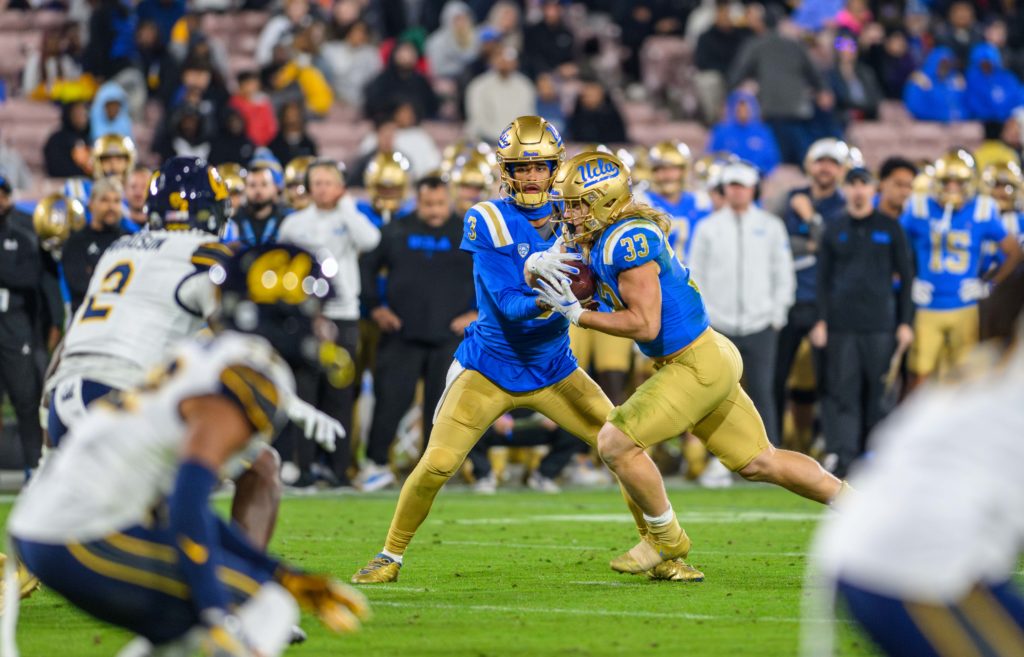
It was a cruel bit of poetry.
In 12 plays, the UCLA offense marched to the red zone on its first possession of the evening with redshirt junior quarterback Ethan Garbers at the helm.
Next, looking to the end zone, Garbers took a hit mid-throw and crumpled to the ground while the Golden Bears grabbed the apparent fumble and ran it back for a touchdown. Though ruled an incomplete pass upon review, the play delivered an all-too-untimely injury to the Bruin signal caller, sidelining him for the rest of the night.
It was the epitome of the instability under center that has consistently undermined UCLA this season.
When freshman quarterback Dante Moore came in to replace Garbers, he immediately threw an interception – just like he did on his first-ever pass of Pac-12 play. Just like he’s done time and again this season.
And his turnovers remained a tendency.
In the second quarter, Moore fumbled at his own 11-yard line, resulting in a Cal touchdown that set UCLA back 20-7 going into the break. Early in the third, Moore threw another pick after just reaching Golden Bear territory, eventually finishing the night 23-of-38 for 266 passing yards and one touchdown.
His misery in conference play is telling. With six appearances and three starts to his name, Moore threw just four touchdowns against eight interceptions on 50.6% passing for 995 yards.
Not once did he exceed a 61% completion percentage when attempting more than 10 passes. Not once did he throw for more touchdowns than interceptions. But most importantly, not once could UCLA reasonably point to him as the reason for any of its Pac-12 victories.
Regardless of any bowl game action, Moore’s story has been written.
The second-highest-ranked recruit in program history has been nothing more than a bust.
A red zone reaping
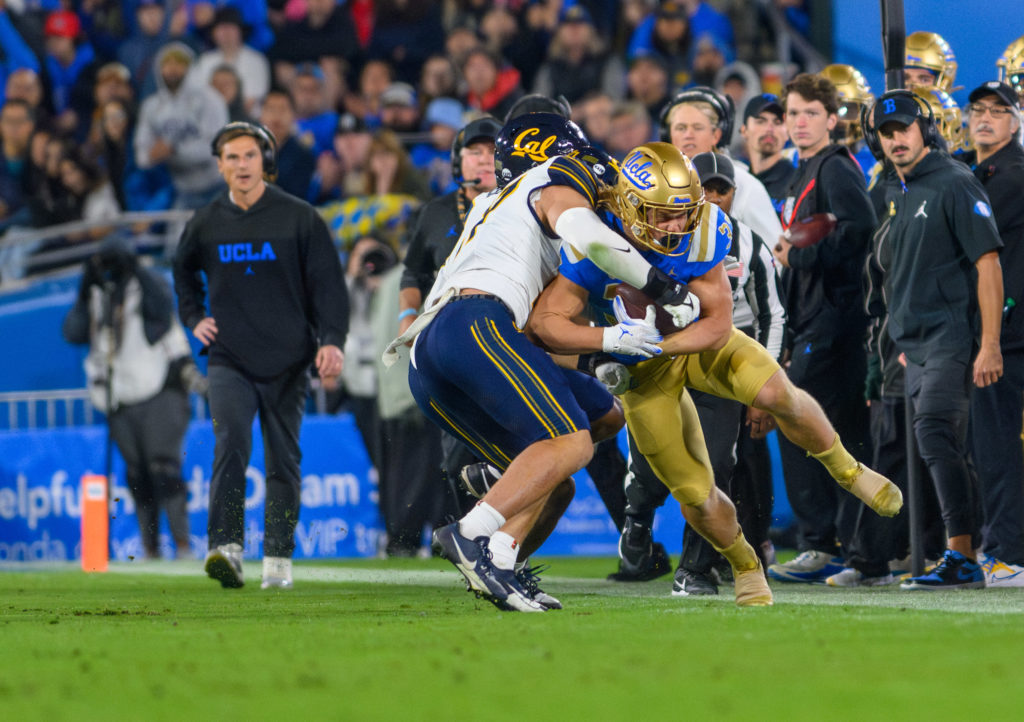
In a game that saw all of UCLA’s definitive flaws snowball into disaster, its red zone incompetency might have been the biggest snowball of all.
Reaching the red zone five times, the Bruins scored just once. Twice in the first half, long drives turned into nothing, reaching Cal’s 20- and 23-yard lines before turning the ball over – first on an interception, next on downs.
After a missed field goal, UCLA found itself 0-for-3 to start the game in the most crucial area of the field.
A touchdown drive late in the second quarter was the last time it even made such a trip until garbage time.
The Bruin offense as a whole accounted for six turnovers, three of which came on failed fourth-down conversion attempts. Coach Chip Kelly’s understandable lack of faith in his kickers – who had missed nine of their last 14 field goal attempts coming into Saturday – forced him to bet on his offense, and it simply wasn’t efficient.
When all was said and done, UCLA mustered just seven points against a team that allowed 21 and 17 to non-Power Five members North Texas and Idaho, respectively.
Shoddy special teams

The Bruins’ kicking miscues have hindered their scoring ability all year long.
But Saturday, their special teams unit managed to look bad in even more areas.
Redshirt junior Blake Glessner kept the trend rolling with a missed 23-yard field goal in the second quarter. Combined with senior R.J. Lopez, the pair has made a dismal eight of 17 attempts for the Bruins in 2023.
Among 13 UCLA kickers who have attempted a field goal since the turn of the century, Lopez’s 54.5% and Glessner’s 33.3% success rates place 11th and 13th, respectively.
When the Bruins eventually did put themselves on the board to earn a slim 7-6 lead, they shot themselves in the foot again – but not by the fault of any kicker.
Cal running back Jaydn Ott returned the following kickoff 100 yards for the first kick-return touchdown allowed by UCLA since 2016. Any sliver of momentum that the Bruins appeared to grasp was squashed in less than a minute.
And to top it off, with the game slipping out of reach, redshirt senior running back Colson Yankoff fumbled his own kick return early in the fourth quarter, leading to another Golden Bear touchdown.
Just like that, a 17-point swing toward Cal, all thanks to UCLA’s woeful special teams play.
While all the coaching replacement chatter has surrounded Kelly, maybe it’s time to take a long, hard look at a member of his staff – defensive line coach and special teams coordinator Ikaika Malloe.
Kelly conundrum redux
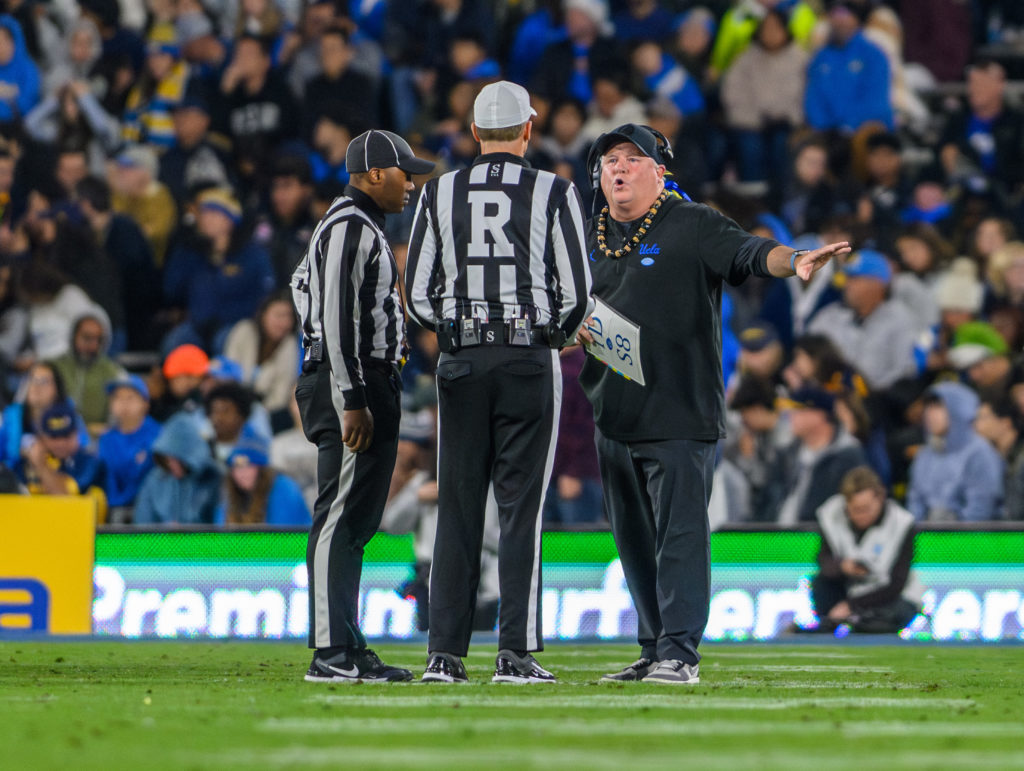
Kelly may just be the most predictably unpredictable coach in college football.
A major rivalry win had appeared to restore some faith in his leadership. There were murmurs that, maybe, Garbers’ importance to UCLA’s offense was the real factor. Maybe Kelly has done the most he can with poor resources this season. Just maybe, he deserves a shot at the Big Ten.
But then the old Kelly returned – the one that fans know and do not love.
Against Cal, he coached his offense back to its lowest point, putting himself back under fire. In a week’s time, riders who hopped on the “Keep Kelly” train are already back on the “Fire Kelly” bus.
After failing to score more than once at home against Arizona State, UCLA did the exact same thing against Cal just two weeks later. Both times, the Bruins outgained their visitors and were soundly defeated, despite neither opponent boasting a strong defense.
Following the blowout loss to the Golden Bears – the Bruins’ largest margin of defeat all year – Kelly pointed to his 24-13 record over the past three seasons as success.
But he ended 2023 with a 4-5 record in conference play, the fourth such losing mark of his six-year tenure. He’s 5-8 against Power Five opponents in his last 13 games. He’s 7-28 all-time against teams that finished with a winning record.
Kelly has only added further fuel to the fire under his already-scorching seat. It might not be hot by his or athletic director Martin Jarmond’s standards – who Kelly said deemed reports of any firing as “inaccurate and inappropriate” after the rivalry win – but that’s reality.
There is no hotter seat in college football than the one Kelly sits in, and no irrelevant bowl game win will have riders jumping back on the “Keep Kelly” train.
End of an era
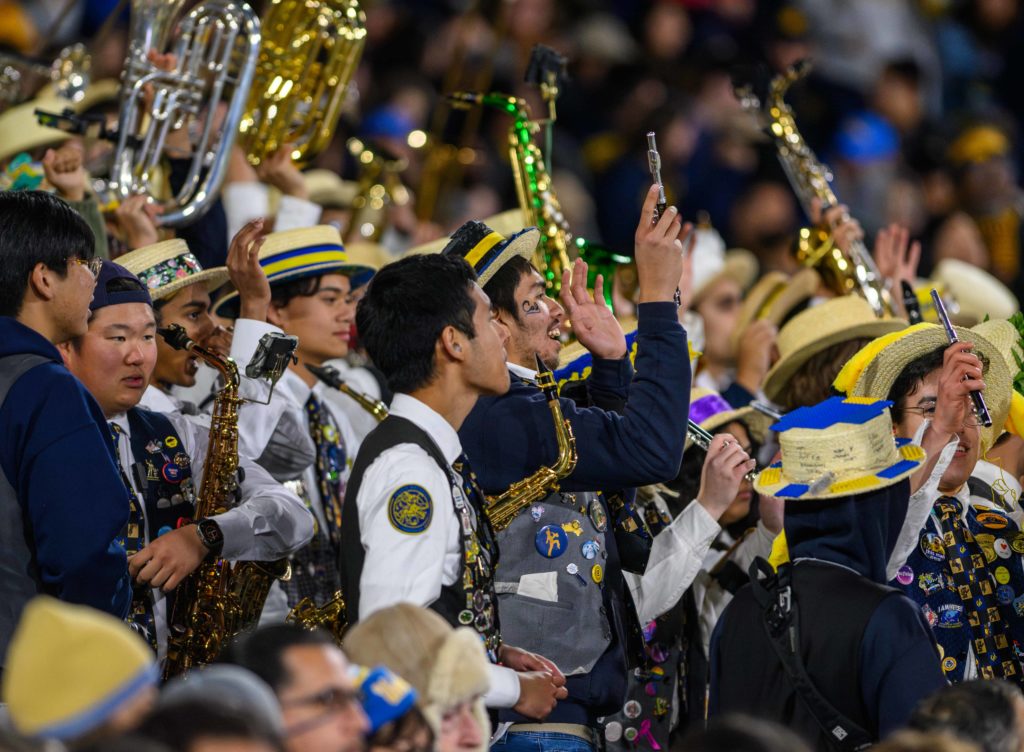
Sans Friday’s championship game, Pac-12 football is no more.
The Bruins and Golden Bears played out the conference’s last regular-season hurrah in a brutally underwhelming fashion despite an evening atmosphere that’s been known to give way to some of college football’s wildest moments.
A conference originating over 100 years ago went out not with a bang, but a whimper.
And though UCLA’s rivalry with its University of California friend up north doesn’t carry the weight of Stanford versus Cal or UCLA versus USC, it’s an in-state battle that has long meant something to both schools. It’s also faithful to the back-and-forth nature of a rivalry – the Bruins are 13-11 against the Golden Bears since 2000, and neither team has won more than three games in a row in that span.
But now, the two programs will part ways. While UCLA takes on the midwest with the Big Ten, Cal is joining the ACC to play football on the opposite coast. Next season, for the first time in 94 years, the two teams will not meet on the gridiron.
And they might not again for a long, long time.
The earliest opening in UCLA’s nonconference schedule is for the 2028 season, meaning the only chance the Bruins have of clashing with the Golden Bears before then would be in a bowl game or the College Football Playoff. At the moment, only the Orange Bowl and Pinstripe Bowl pit the Big Ten against the ACC.
With the death of the Pac-12 comes the loss of something more – one of the longest-running rivalries in college football.
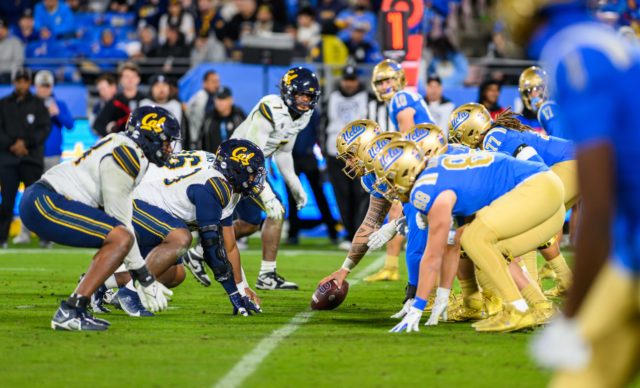


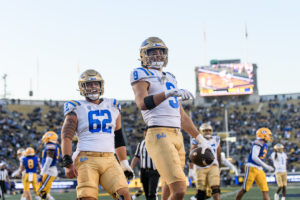
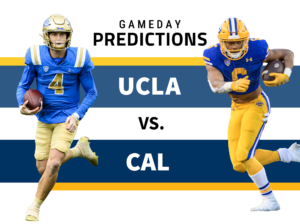
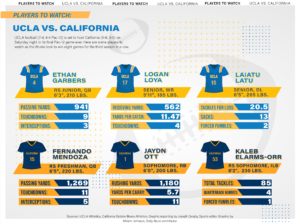
Comments are closed.